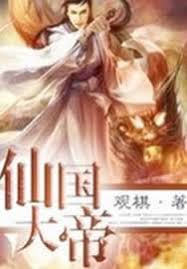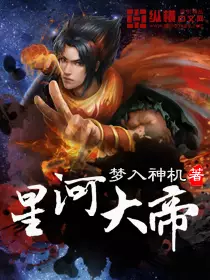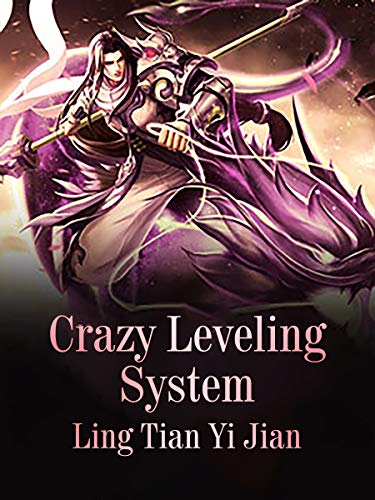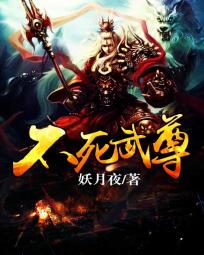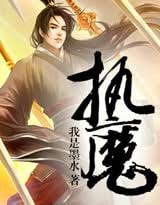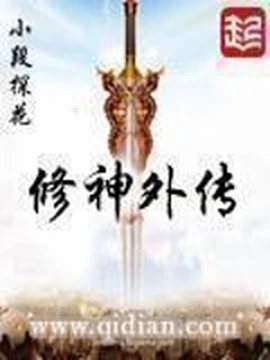The Story in 3 Sentences
A once-fallen emperor, Wang Xiong, regains his memories and his indomitable will, descending into a world where immortal sects scorn mortal power .
He rebuilds his shattered dynasty from the ground up, forging an empire whose imperial authority dares to challenge and sweep away the arrogant orthodoxies of the cultivation world .
His journey culminates in a final, universe-shaking confrontation, securing his throne not just over mortals, but as the undisputed sovereign of the entire Immortal Realm itself .
Why It Stands Out
1. The Emperor’s Mandate is Law, Not Suggestion
This novel flips the xianxia script by making the empire, not the sect, the ultimate power. Wang Xiong doesn’t just seek personal immortality; he imposes the unyielding order of his Celestial Kingdom onto the chaotic, self-serving world of cultivators, declaring that “all under heaven” answers to his throne . It’s a power fantasy where governance and military might eclipse solitary cultivation.
2. A Harem Woven into the Tapestry of Conquest
The romantic entanglements aren’t mere distractions; they are strategic alliances and emotional anchors that fuel the emperor’s rise. Characters like Bai Suzhen and Bai Lianhua aren’t just consorts; they are powerful figures whose own destinies and loyalties become integral threads in the grand design of the empire, adding layers of political and personal complexity to the central narrative of domination.
3. From Ashes to Apex in a Single, Sweeping Saga
Spanning over 1600 chapters, the story offers a complete, epic lifecycle. It begins with a desperate struggle for survival and recognition against overwhelming odds, moves through the intricate politics and wars of expansion, and ends with a definitive, world-altering climax that leaves no thread dangling, providing a deeply satisfying sense of closure for the reader who commits to the journey .
Characters That Leave a Mark
There’s Bai Suzhen – a figure of immense power and ancient wisdom, her loyalty to the emperor a force as formidable as any celestial army, embodying the fusion of mystical grace and unwavering resolve .
You’ll meet Bai Lianhua, who stands as a pillar of the court, her influence extending far beyond the palace walls, a strategist and confidante whose calm demeanor masks a will of steel that helps steer the empire through its darkest hours .
And Bai Lian? They’re the one who operates in the shadows and the alchemical labs, a master of longevity and esoteric arts, ensuring the emperor’s reign is not just powerful but enduring, a quiet genius whose contributions are vital to the empire’s very foundation .
The Flaws Fans Debate
The sheer scale can feel overwhelming, with the middle chapters sometimes bogged down by repetitive battles or political maneuvering that tests the reader’s patience.
Some fans argue the harem elements, while integrated, can occasionally feel like a checklist rather than deeply explored relationships, diluting the emotional weight.
The breakneck pace of Wang Xiong’s rise, while exhilarating, can sometimes make victories feel unearned, glossing over the immense challenges with the ease of a divine mandate.
Must-Experience Arcs
Ch. 1–50: Nine Stars Linking Pearls – The emperor’s rebirth and the desperate, gritty founding of his dynasty against impossible odds, setting the tone for his relentless ambition .
Ch. 500–800: The Celestial Edict – The empire’s power reaches its zenith, forcing the immortal sects to kneel, marked by grand, large-scale warfare and intricate court politics that define the new world order.
Ch. 1500–1614: The Great Emperor’s Immortality – The final, cataclysmic conflict that reshapes reality itself, as Wang Xiong confronts the ultimate powers of the realm to secure his eternal legacy, bringing the epic saga to its thunderous conclusion .
Killer Quotes
“All over the realm, no orthodoxies but me.”
“To sweep all the immortal sects with the power of Celestial Empire.”
“The rules of the dynasty wrote, all under the heaven was the emperor’s domain .”
Cultural Impact
It became a benchmark for “emperor-centric” xianxia, inspiring countless imitators who sought to capture its unique blend of imperial grandeur and cultivation power.
On forums like NovelUpdates, it consistently ranks high, amassing a dedicated readership drawn to its complete, no-holds-barred power fantasy .
The image of Wang Xiong, the emperor who commands both armies and the heavens, became a popular meme archetype, symbolizing ultimate, unassailable authority within the genre.
Final Verdict
Start Here If You Want:
To experience the ultimate power trip where an empire crushes the gods.
A complete, doorstopper epic with a definitive beginning, middle, and end.
A harem story where the romance is deeply entangled with world-shaking politics and conquest.
Study If You Love:
The subversion of traditional xianxia tropes, placing state power above individual cultivation.
The intricate world-building of a cultivation society being forcibly restructured by imperial decree.
The character study of a protagonist whose defining trait is an unbreakable will to rule, making him a fascinating, if sometimes terrifying, force of nature.
Avoid If You Prefer:
Tightly paced, short-form narratives without sprawling subplots.
Stories where romance is the central, delicate focus rather than a component of a larger power structure.
Novels that avoid harem tropes or prefer protagonists who earn every victory through visible, incremental struggle rather than inherent, overwhelming destiny.
